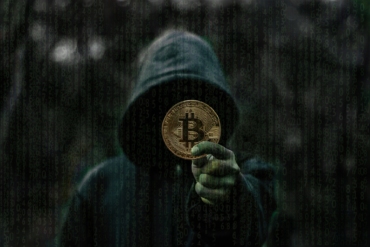The risks with raising seed capital to finance Chinese Bitcoin (BTC) mining operations became clear after Taiwanese gangsters shot and wounded a miner after a deal soured. Wu Nan, also known as “Milk,” is currently nursing serious injuries after failing to return the “investors” money in time.
Freshwater Gang members, Gao Qitang and Chen Yumin, are alleged to have shot the bitcoin miner on April 14th, 2018, in New Tapei city, after failing to receive returns on their $1.5 million investment. Wu cited the Chinese crackdown on ICOs and cryptocurrency exchanges as reasons for the delay. It appears the gang was not interested in those excuses.
Allegedly, gang members approached Wu and demanded their money. However, when it became clear they may not collect their money, the gang members drew handguns and fired at Wu repeatedly.
The incident paints a clear picture of how things are tense in China’s cryptocurrency space. Wu is among many freelancers promising large returns in order to collect money from investors to launch mining operations.
Chinese Bitcoin Mining Crackdown
However, a recent crackdown by Chinese authorities on illegal mining operations had all but made it difficult even for the most legitimate businesses to operate. Some of the largest companies engaged in mining, such as Bitmain, have already hinted at plans to expand abroad in pursuit of environments that are conducive towards mining operations.
Despite the crackdowns, China plays hosts to the largest Bitcoin mining operations in the world. This comes from the relatively low electricity costs in many areas. The government is currently investigating the potential impact of rampant mining operations, especially on the environment. Bitcoin mining operations reportedly use as much electricity as the island of Ireland. Additionally, some studies say operations will consume 0.05% of the world’s total electricity supply.
China has already announced plans to shut down Bitcoin mining operations. They are concerned with energy usage from computers bidding to solve complicated math puzzles. Since the process uses significant electricity, several parties resort to creating illegal connections to avoid hefty power bills.
With Bitcoin mining rewards decreasing over time, operations are becoming less profitable daily. This is one of the reasons why China is moving to regulate the business.


